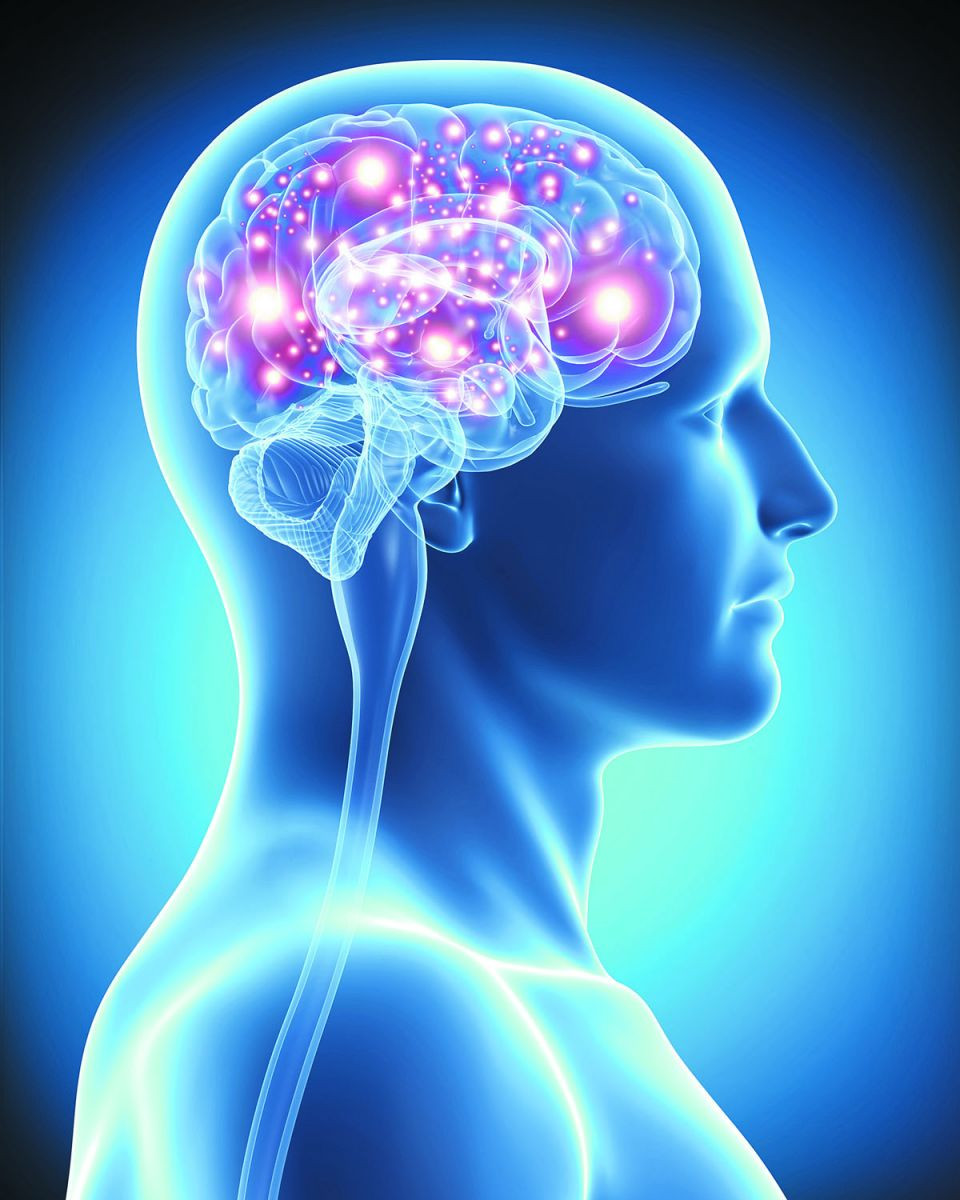Published 17:32 IST, September 8th 2024
Is There A Link Between Night-Time Light Pollution And Risk Of Alzheimer's Disease?
New research has shed light on the potential link between night-time light pollution and an increased risk of Alzheimer's disease.
- Health News
- 3 min read
New research has shed light on the potential link between night-time light pollution and an increased risk of Alzheimer's disease. Published in Frontiers in Neuroscience, the study reveals that exposure to artificial light at night could be a significant risk factor for developing this progressive neurodegenerative disorder.
The study, conducted by researchers at Rush University Medical Centre, analyzed light pollution data across 48 US states in conjunction with medical records of residents. Their findings suggest a troubling correlation between elevated levels of night-time light pollution and higher rates of Alzheimer's disease, particularly among older adults.
What did the researchers find out?
Researchers have long suspected that disrupted sleep patterns, a consequence of night-time light exposure, might contribute to cognitive decline. Sleep disturbances are known precursors to mild cognitive impairment, which often precedes Alzheimer's disease. The latest study supports this theory, highlighting how irregular sleep and disturbances in biological rhythms could potentially exacerbate the onset of Alzheimer's.

Among individuals aged 65 and older, night-time light pollution was found to have a stronger association with Alzheimer's disease than other risk factors, such as depression and obesity. However, conditions like diabetes, high blood pressure, and stroke were identified as having a more pronounced impact on Alzheimer's risk compared to light pollution.
Interestingly, the study also found that for individuals under 65, the intensity of night-time light exposure was more strongly associated with Alzheimer's disease than any other analyzed risk factor. This suggests that younger individuals may be particularly vulnerable to the effects of light pollution, although the precise reasons remain unclear. Researchers hypothesize that genetic predispositions and increased exposure to urban environments could play a role.
Robin Voigt-Zuwala, an associate professor at Rush University Medical Center and co-author of the study, pointed out that certain genetic factors could make younger people more susceptible to light-induced biological stressors. "Genotypes influencing early onset of Alzheimer's might impact how individuals respond to biological stressors, including night-time light exposure," Voigt-Zuwala explained. Additionally, younger people’s higher likelihood of living in urban areas with elevated light pollution may also contribute to this heightened risk.

The researchers propose that the potential mechanisms through which light pollution could contribute to Alzheimer's include disrupted sleep patterns, alterations in the biological clock, and increased inflammation. These factors collectively might lead to an increased risk of developing Alzheimer's disease.
Despite these findings, the authors caution that further research is needed to fully understand the impact of both indoor and outdoor light exposure on Alzheimer's disease. More comprehensive studies are required to elucidate the exact relationship between light pollution and cognitive health, and to explore potential interventions to mitigate these risks.
In summary, while current data suggest that night-time light pollution might play a role in Alzheimer's disease development, especially in younger individuals, more research is essential to confirm these findings and understand the underlying mechanisms.
(With PTI Inputs)
Updated 17:32 IST, September 8th 2024